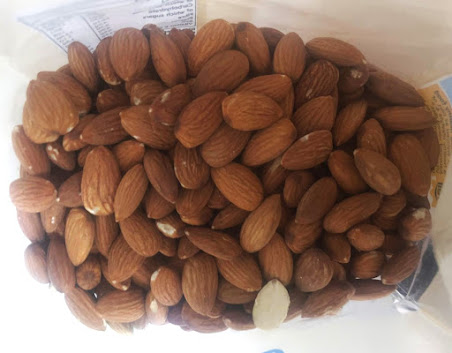POSH
Peninsular
and Oriental Steam Navigation Company ship The Hindostan departing Southampton,
24th September, 1842
Image courtesy Wikimedia Commons
In common
with many others, I thought POSH came from the initial letters of ‘Port Out,
Starboard Home,’ which described the preferred cabins of passengers travelling
from Britain to India and back, possibly on a P&O ship. These were the cooler,
north-facing cabins of wealthy, often aristocratic travellers, who could afford
to pay for their greatest comfort. Sadly, the story has never been verified.
Another suggested
origin is the Romani posh. From posh-kooroona, or half a crown, posh came to
mean something expensive or upper-class. It came more generally into the English
language in the early 20th century and was used to mean elegant and
is still used currently to describe something a little more extravagant than
the commonplace – a posh restaurant, a posh frock, a posh do. It was considered
slang for ‘swish.’
‘Posh’ is
a pejorative description applied to people who may consider themselves or be thought
to be superior to the hoi polloi by reason of any of the following: the way
they dress, where they live, how they vote, where they went to school and how
they sound – that is, their accents. Britain is a class-ridden society. 😉
I always
thought P&O stood for the Pacific and Orient Company, but it was actually
the Peninsular and Oriental Steam Navigation Company. For more than a century,
from 1842 to 1970, P&O was the major sea carrier of mail and passengers between
Britain and India. On the outward journey to India, the port, or left, cabins
had the sun first thing in the morning and then cooled down during the day. The
right, or starboard cabins had afternoon sun, so were still very warm when it
was time to retire for the night. During the return voyage from India to
Britain, the reverse was true.
P&O
dates from 1822 and was formed by a London stockbroker, called Brodhie McGhie
Wilcox, and a Scottish sailor, Arthur Anderson. Its life as a cruise company began
in 1837, and it is the oldest cruise line in the world. It is now owned by the US
Carnival Corp, which also owns Cunard and Princess Cruises, but still caters mainly
to British passengers.
Today’s
cruise liners are enormous. P&O’s ships Iona and Arvia both carry 5,200 guests
and are served by 1,762 crew. Iona was built in 2021 and it and Arvia are both powered by LNG (Liquefied
Natural Gas) The line’s smallest cruise ship is the Aurora, which has 850 crew
attending to 1,874 passengers.







.jpg)















_(cropped).jpg)










.jpeg)

.jpeg)

